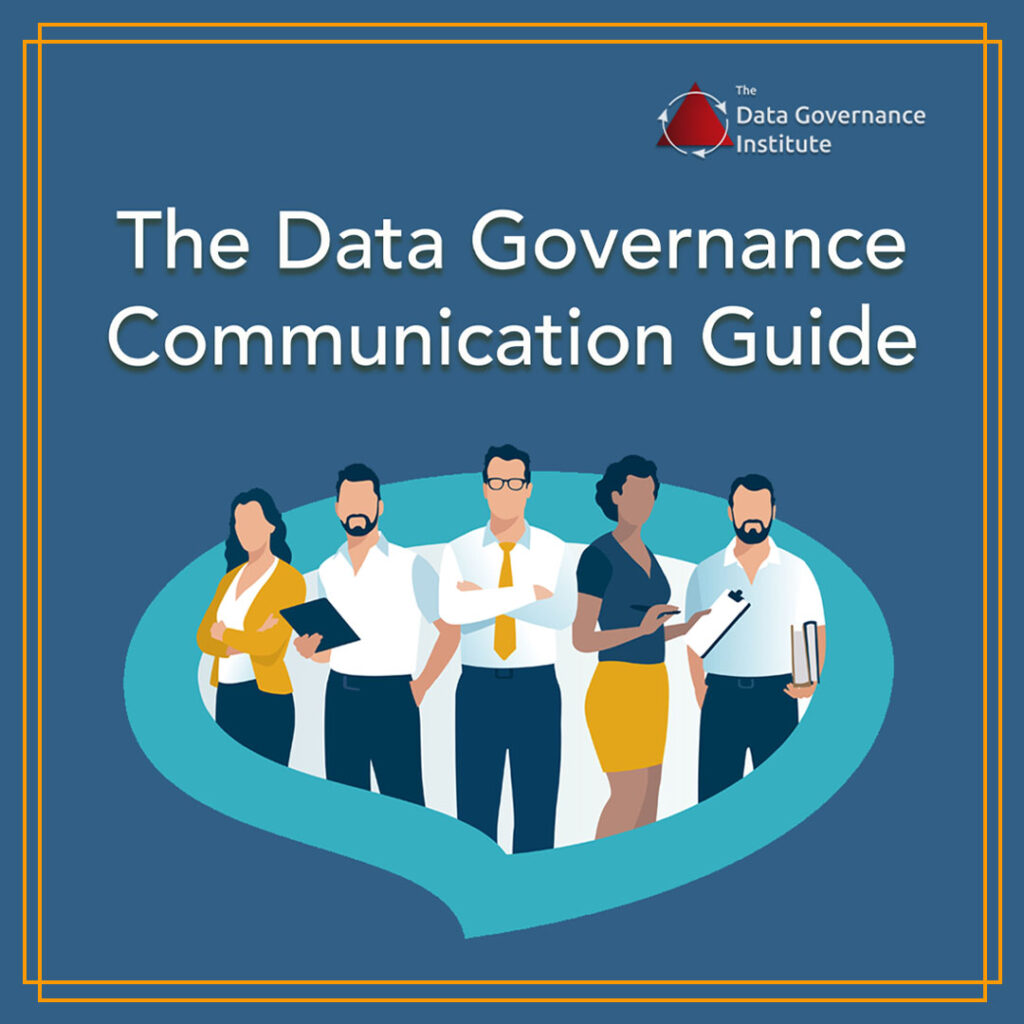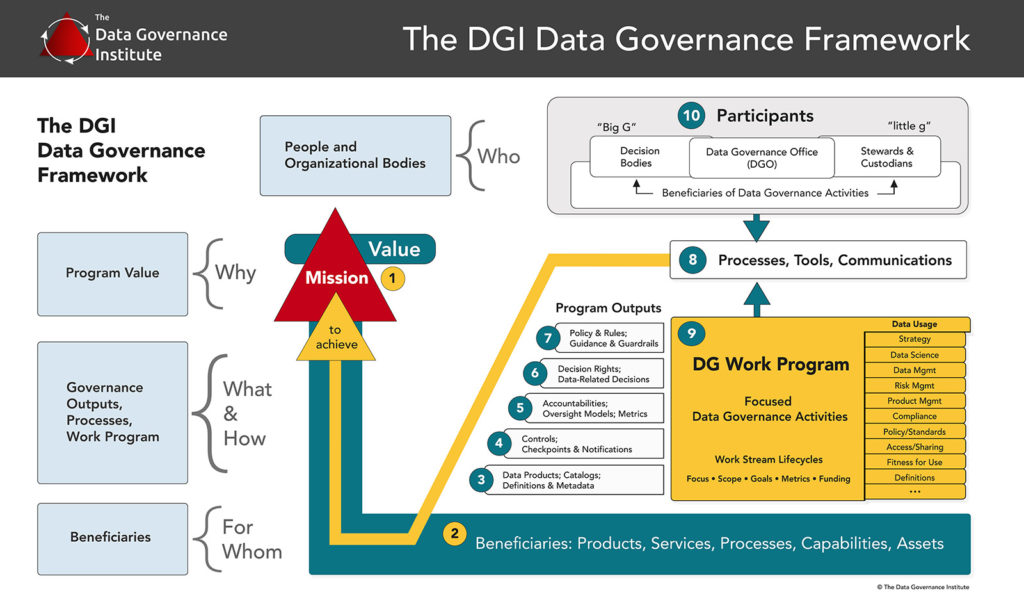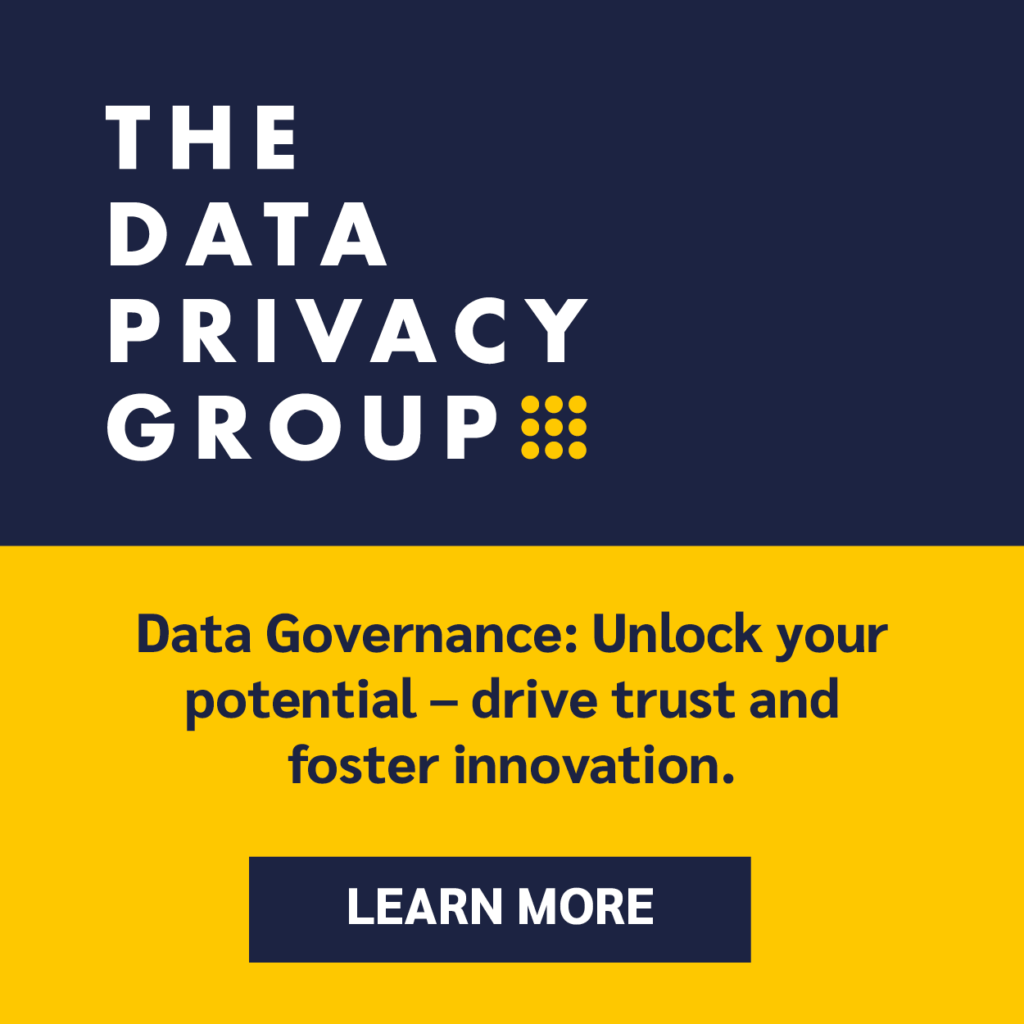Data Governance is a balancing act.
- On the one hand, you need to exert control over how groups create data, manage data, and use data. On the other hand, you need to promote appropriate levels of flexibility.
- You need to ensure that data-related efforts support the universal goals of increasing revenue and the value of assets while also managing costs and complexity. But you also need to ensure that data is used according to compliance requirements, that sensitive data is secure, and that contractual and internal requirements are met.

Yes, Data Governance is a balancing act. You need to make rules, then monitor them and resolve issues. And you need to provide ongoing care and support for your data stakeholders. You need to understand everyone’s position, while maintaining a role as “trusted broker” of information.
You need to be able to bring together a diverse group of stakeholders to make rules or resolve issues. You need to be able to align the goals/drivers/constraints of Privacy, Legal, Compliance, Security, Quality, Change Control, and other horizontally-focused groups. You need to align the goals/drivers/constraints of various verticals within the enterprise. You need to align all these groups with the strategies and plans underway by your Data Architecture, Master Data, Metadata, and other enterprise data groups.
Being a Data Governance worker takes more than knowledge about data, It requires diplomatic skills and the ability to translate one group’s needs into language that everyone in a diverse team of decision-makers can understand.
Luckily, these skills can be learned. Your staff can be trained to become more skillful facilitators, communicators, and consensus builders. They can learn to govern with grace.




